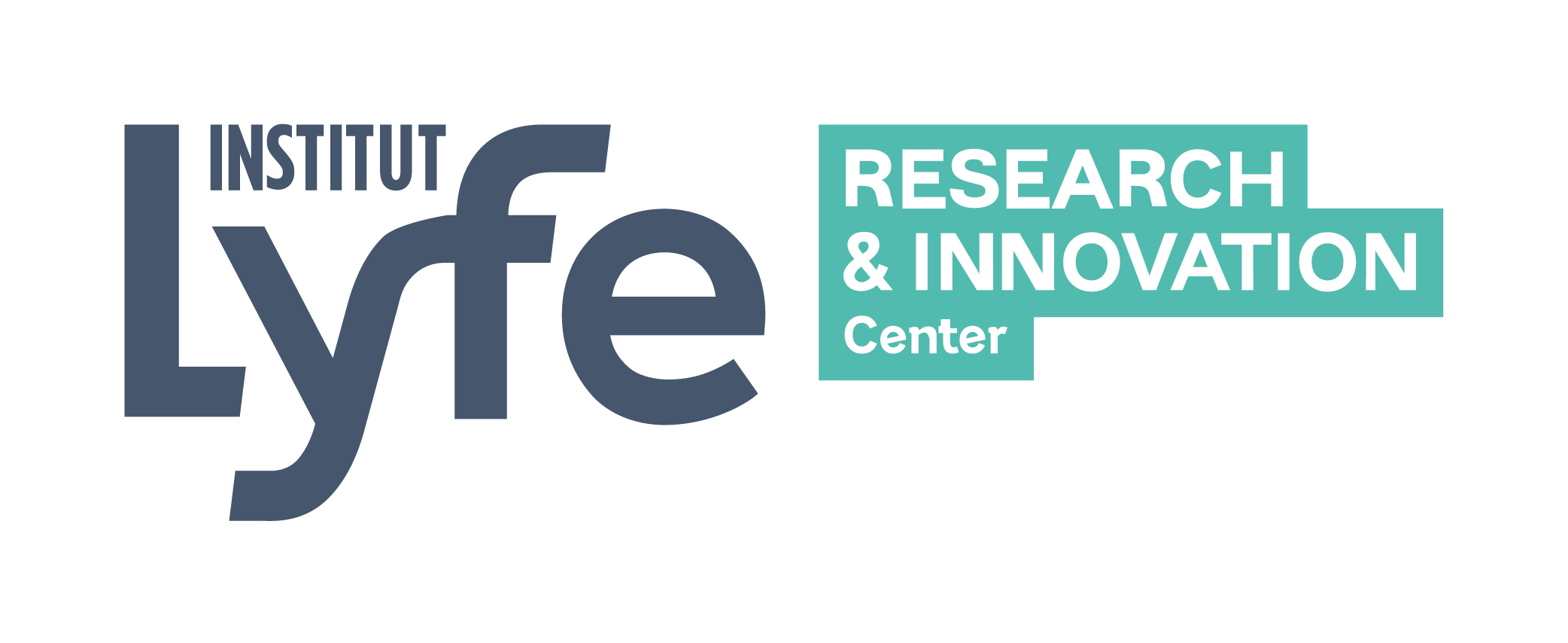Altered Taste International Symposium – 3rd Edition

Altered Taste International Symposium
A changed relationship with food can occur for many reasons, from illness to aging to shifts in the food environment. The impact of this can range from a loss of pleasure in food and eating, to lower food intake and potential undernutrition, to diminished social engagement and even an altered relationships to oneself and the wider world. Sensory changes trigger disgust in foods once enjoyed, or even from the smell of a loved one. Food that was once delicious is now tasteless. Overall, altered taste and sensing can shift the valence of our encounters with food, cooking and eating, from being easy and enjoyable to being problematic and unpleasant.
In our 3rd International Symposium, we invited papers that consider these wider psychosocial and cultural dimensions of altered taste and eating. We also address solutions to these problems, from the gastronomic to the social, to see how people cope with and compensate for altered taste. How does altered eating affect social relationships? What kinds of culinary solutions, strategies or interventions can address these issues above? How can we address the environmental dimensions of altered eating?
The symposium gathers contributions from various disciplines as well expert knowledge and particularly supports interdisciplinary papers. This symposium bring together scientists, chefs and professionals interested in the topic of altered taste and potential food solutions.
Overview of the program
14th September: Culinary Workshop (5 - 7pm)
At the InstituteLyfe (formerly Institut Paul Bocuse)
Chefs and scientists will exchange and participant will attend a culinary demo together with tasting samples
A networking drink will close the session (7 to 8.30 pm). A ticketed get-together dinner will follow in a friendly networking set-up.
The Symposium launch event coincides with World Taste and Smell Day 2023

15th September: Scientific Conference
Cité Internationale de la Gastronomie, Lyon
A selection of talks and posters from the received proposals will bring various persectives on the question of psychosocial and cultural elements important to understanding altered taste.
To consult the full program, click here
Organizers


 Northumbria University has its origins in the Rutherford College, founded in 1880. Northumbria is a research-intensive, modern university with a global reputation for academic excellence. It was named UK University of the Year 2022 in the Times Higher Education Awards.
Northumbria University has its origins in the Rutherford College, founded in 1880. Northumbria is a research-intensive, modern university with a global reputation for academic excellence. It was named UK University of the Year 2022 in the Times Higher Education Awards. University Lyon 1 was established 50 years ago and has, nowadays, more than 47 000 students. It combines quality academic training and research in an attractif environement and benefits from international influence in science, technology, health and sport. Lyon 1 is also committed in the support, the creation, and the sharing with those who make it live.
University Lyon 1 was established 50 years ago and has, nowadays, more than 47 000 students. It combines quality academic training and research in an attractif environement and benefits from international influence in science, technology, health and sport. Lyon 1 is also committed in the support, the creation, and the sharing with those who make it live. Target Audience
Scientists, Food Developers, R&D Professionals, Chefs, Healthcare professionals, Food professionals, Catering professionals, professionals working in the fields of Nutrition, Dietetics, Cognitive Sciences and Social Sciences.
Important Dates
- June 30th: Closing of early-bird registration
- August 30th: Closing of registration
Scientific Committee
- M. Bensafi, Lyon Neuroscience Research Centre, France
- A. Braud, Hôpital Rothschild, APHP-Sorbonne Univ., France
- A. Bruyas, Hospices Civils de Lyon, France
- D. Burges Watson, Northumbria Univ., United Kingdom
- F. Carrouel, Claude Bernard Lyon 1 Univ., France
- J. Coveney, Flinders Univ., Australia
- L. Cunha, Porto Univ. Portugal
- A. Dougkas, Institut Lyfe Research & Innovation Center, France
- V. Deary, Northumbria Univ., United Kingdom
- A. Giboreau, Institut Lyfe Research & Innovation Center, France
- C. Kelly, Abscent, United Kingdom
- E. Monteleone, Firenze Univ., Italy
- P. Singer, Beilinson Hospital, Tel Aviv Univ., Israël
- S. Spinelli, Firenze Univ., Italy
With the support of :
Registrations :
Billetterie Weezevent
Information
symposium@institutpaulbocuse.com
Research & Innovation Center - Institut Lyfe
Tel: +33 (0)4 72 18 02 20



